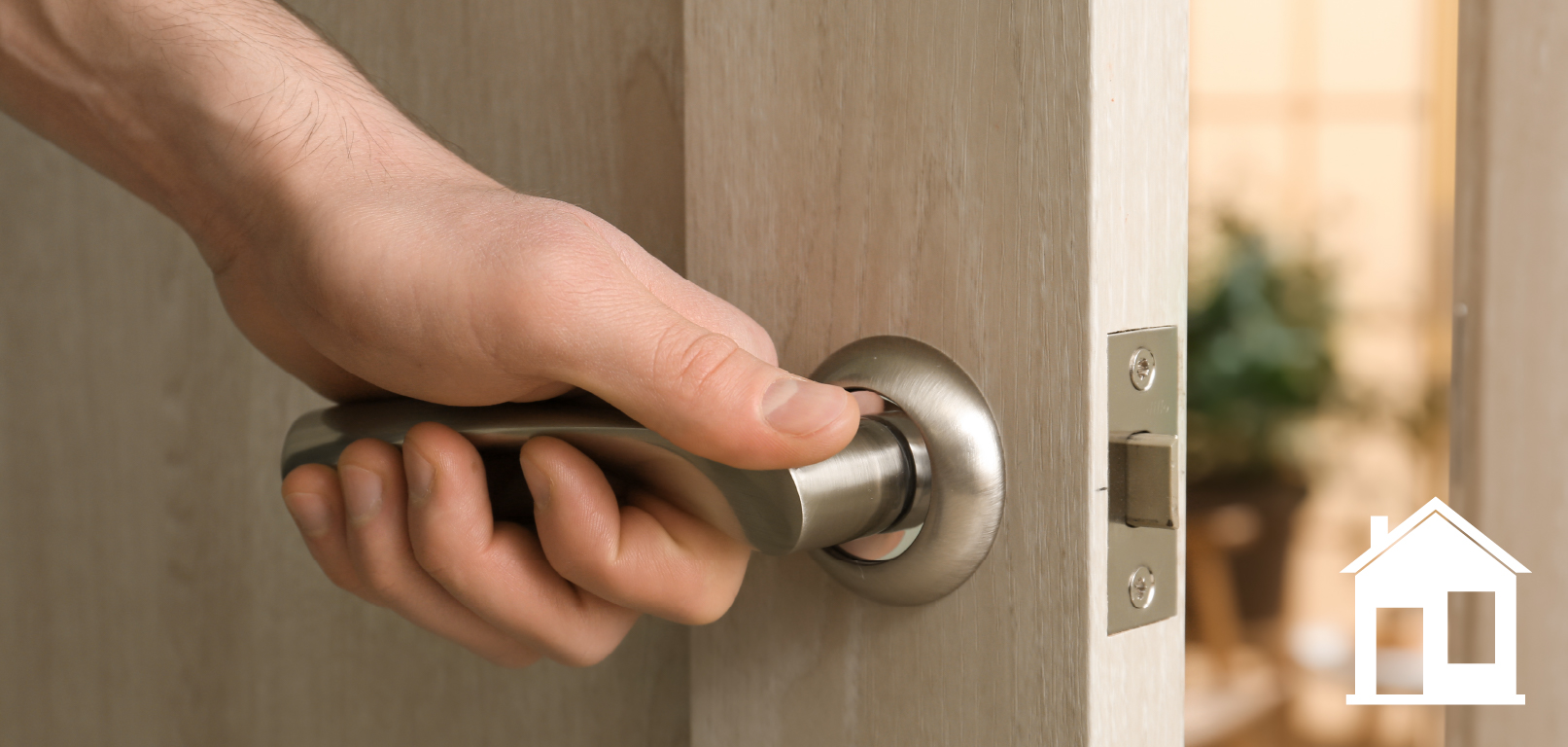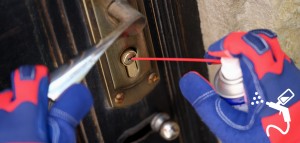
Unlock the Secrets of Lock Maintenance: Expert Tips for Keeping Your Locks in Great Condition
Locks are an essential component of everyday security, providing us with a sense of safety and privacy in our homes and businesses. However, the importance of lock maintenance is often overlooked, leaving many people vulnerable to lock failure, break-ins, and security breaches. Regardless, regular lock maintenance remains crucial to ensuring the longevity and effectiveness of your locks, and offers a number of benefits, both in terms of security and cost-effectiveness.
By keeping your locks in good working order, you can avoid costly repairs and replacements later on. Additionally, maintaining your locks can help prevent potential security breaches and lockouts, giving you peace of mind and protecting your property. By investing some time and effort into lock maintenance, you can avoid much bigger problems later on. This article offers you all that you need to know to keep your locks in optimal condition, saving you from a world of headaches in the long run.
Keyhole Lubrication: The Key To Smooth Operation
One of the most important steps to take to ensure your locks remain in good condition is regular keyhole lubrication, because a dry or sticky lock can be frustrating and even dangerous, leaving you vulnerable to lockouts and security breaches. Signs of a dry or sticky lock include difficulty turning the key, a rough or gritty feeling when inserting the key, or a squeaking or grinding sound when turning the key. If you notice these symptoms, it’s essential to address them promptly with proper lock maintenance techniques.
Choosing the right lubricant is crucial, because, with so many varieties available, you want to be sure you select the most appropriate one. Among the many varieties of lubricants available are graphite-based, silicone-based, and Teflon-based options. Graphite-based lubricants are known for their durability and effectiveness in preventing lock damage, while silicone-based varieties are moisture-resistant and can help prevent rust and corrosion. Teflon-based lubricants offer long-lasting protection against friction and wear. It’s important to recognise the strengths and weaknesses of each lubricant, ensuring you choose the right one for your particular lock and situation.
Properly lubricating a key lock requires the individual to apply the lubricant to the key itself, inserting the key into the keyhole several times to distribute the lubricant evenly. This will ensure the moving parts within your lock operate smoothly and effectively each time. However, it’s crucial to avoid over-lubricating the lock, because excess lubricant can attract dirt and debris and lead to lock damage.
As a result, it’s important to understand how frequently your keyhole will require lubrication. This depends on several factors, including the type of lock, the level of use, and environmental conditions. As a general rule, it’s a good idea to lubricate your locks at least once a year to maintain optimal performance. However, if you notice signs of a dry or sticky lock, it’s essential to address them promptly before future damages or issues are encountered.
How To Clean Locks: Remove Dust, Dirt & Debris
While regular lubrication is a crucial step in proper key maintenance, the role of cleaning your locks should not be neglected. An important step in removing dirt, debris, and corrosion, regular cleaning ensures no foreign objects impede your lock’s operation and compromise your security. Regular cleaning can help prevent lockouts, key jams, and break-ins, ensuring that your locks operate smoothly today and tomorrow.
Exterior lock cleaning can be done with a damp cloth and mild detergent, which can help remove dirt, dust, and grime from the lock’s surface. For more stubborn stains or rust and corrosion, you may need to use a specialised cleaner or rust remover. It’s essential to avoid using abrasive cleaners or harsh chemicals, as they can damage the lock’s finish and internal mechanism.
However, interior lock cleaning is just as crucial as exterior cleaning, as it helps to keep the lock’s internal mechanism in good condition. For internal cleaning, use compressed air to blow out any dirt or debris that may have accumulated in the lock’s interior. You may also clean the keyhole and internal mechanism with a specialised cleaner or lubricant. However, if you’re unsure about how to clean a lock or notice signs of significant wear or damage, it’s best to avoid costly errors and seek the help of experienced locksmiths who can ensure the longevity and effectiveness of your locks.
Precautions and Inspections: Preventative Maintenance for Long-Lasting Security
Preventative maintenance is the key to ensuring long-lasting security for your home or business. Regular inspection and cleaning of your locks can help prevent potential lockouts, key jams, and break-ins, ensuring your locks operate smoothly and effectively. By taking the time to inspect and clean your locks regularly, you can avoid bigger problems down the road and protect your property effectively.
It’s crucial to consider the common issues that locking systems face in your preventive maintenance. A simple yet important part of this process is being sure to never use the wrong key or insert the key upside down, as this can damage the lock’s internal mechanism. It’s also essential to avoid forcing the key or lock, as this can cause key jams and lockouts. By simply taking care when using your locks and avoiding these common issues, you can prevent lock damage and ensure optimal performance.
Investing in high-quality locks and keys is another critical aspect of long-lasting security. High-quality locks and keys are more durable, effective, and resistant to wear and tear. Additionally, they are more difficult to pick or bypass, providing an extra layer of security. Reputable locksmiths can provide a wide range of quality locking systems that offer great longevity and protection for your property over the long term.
Begin Maintaining Your Locks Today
Ultimately, proper lock maintenance is essential to ensuring the longevity and effectiveness of your locks. Keyhole lubrication, cleaning, and regular maintenance are crucial components of lock maintenance, and it’s highly advisable to invest in high-quality locks and keys, that will give you great peace of mind. Remember, “an ounce of prevention is worth a pound of cure.” By investing a little time and effort into lock maintenance, you can enjoy clean locks that avoid costly mistakes and ensure the security of your property for years to come.



